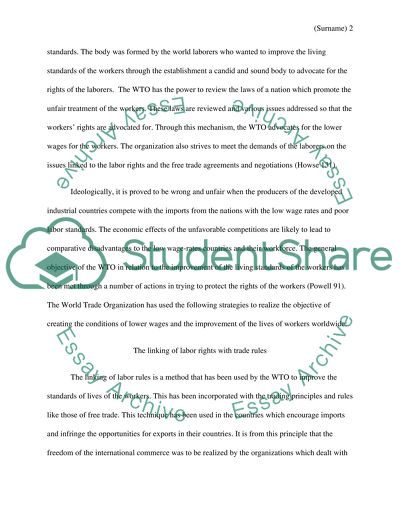Cite this document
(How the World Trade Organization Creates the Conditions for Low Wages Coursework, n.d.)
How the World Trade Organization Creates the Conditions for Low Wages Coursework. Retrieved from https://studentshare.org/macro-microeconomics/1624613-labor-studies
How the World Trade Organization Creates the Conditions for Low Wages Coursework. Retrieved from https://studentshare.org/macro-microeconomics/1624613-labor-studies
(How the World Trade Organization Creates the Conditions for Low Wages Coursework)
How the World Trade Organization Creates the Conditions for Low Wages Coursework. https://studentshare.org/macro-microeconomics/1624613-labor-studies.
How the World Trade Organization Creates the Conditions for Low Wages Coursework. https://studentshare.org/macro-microeconomics/1624613-labor-studies.
“How the World Trade Organization Creates the Conditions for Low Wages Coursework”. https://studentshare.org/macro-microeconomics/1624613-labor-studies.


